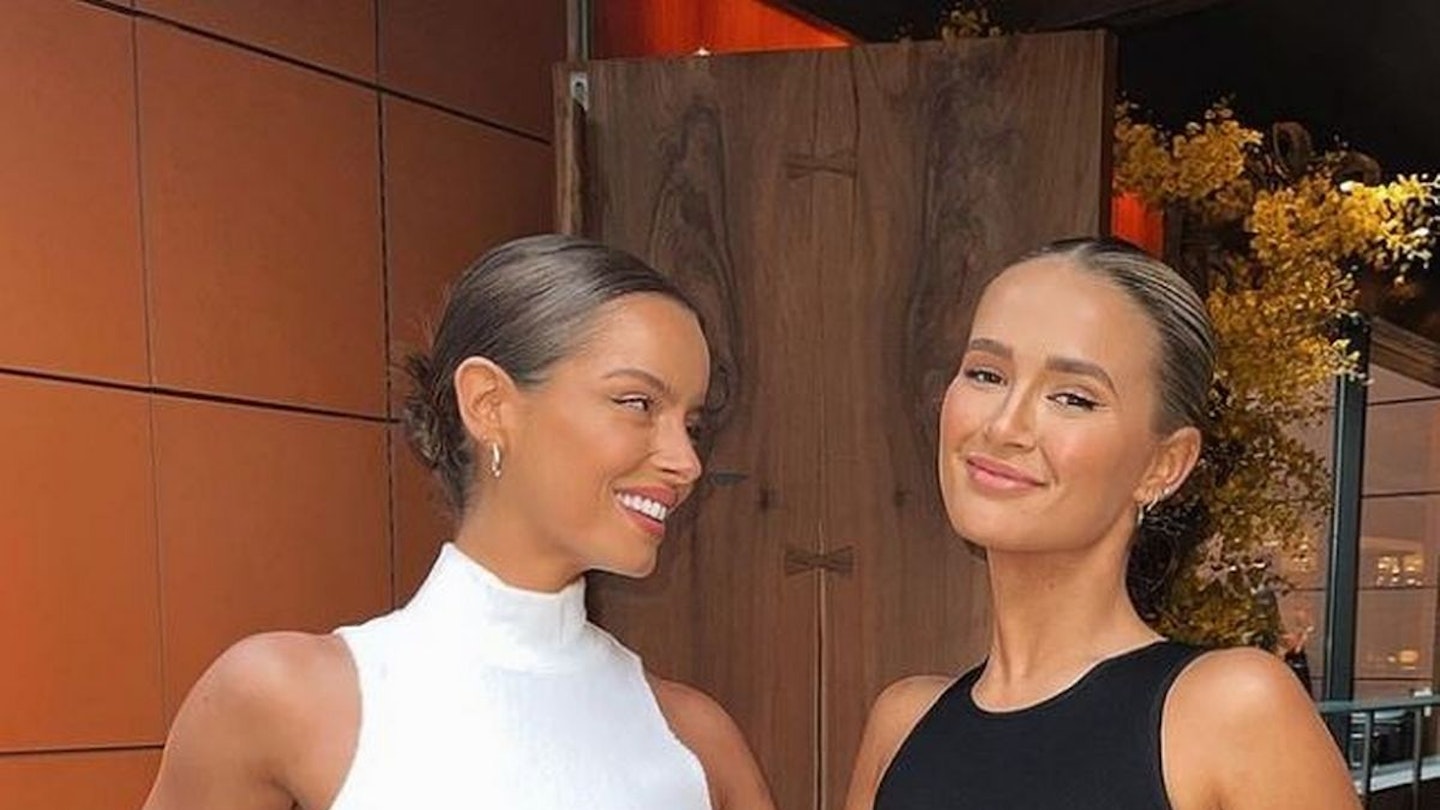You’d think a woman who has 6.2million Instagram followers would be happiest with an entourage around her. Yet, Molly-Mae Hague admitted recently that she’s not really fussed by friendships.
‘My circle is minuscule,’ the influencer told The Diary Of A CEO podcast. ‘I have literally about five people in my circle, and that includes friends.’
‘I wouldn’t have it any other way,' she continued. 'I work, I spend time with my boyfriend, and I go to bed. This is literally my life. I’m not bothered about a social life. It’s never been something I’ve been interested in... Friends, they come and go, and I find it a bit of a waste of time.’
Pre-pandemic, my jaw would have hit the floor at this take. We’ve been conditioned to want a Sex And The City style girl group or a Friends-esque urban family. It starts with school, where half our time in the classroom is spent pining after an invitation to the cool girl’s party.
But when the rule of six was introduced last September we all had to re-consider what friendships were best serving us. By government regulation, invitations became cutthroat and if you were the seventh straggler clinging to a friendship group then your invite was automatically in the bin.
For Molly, this savagery started much earlier when her own social bubble was given an overhaul by Love Island, after which she admitted she lost friends from her hometown. She explained: ‘I’m not that girl from Hitchin any more… It sounds savage but sometimes friends, they just—not cling on, but they don’t add much.’
In adulthood, it’s very easy to forget that friendships are intended to be mutually beneficial. We can spend our (extremely limited) time supporting, pepping and checking in on people that – if we stopped to check – aren’t actually doing the same thing back.
This Spring, I made the active decision to cut out a girl I’d known for over a decade after I noticed all the emotional and logistical effort of our friendship had fallen to me. Often, I found myself telling my close circle: ‘I know they’re a bit of a dick, but I’ve known them forever’... Why was I making this excuse?
In April, I stopped messaging first – and I haven’t heard from her since. Ten years of friendship are finally over through an acceptance that neither of us are that fussed by each other’s company anymore. And this has been so freeing: One less drink to squeeze in the diary, one less Whatsapp to answer.
Culling clingers when you’re spread too thin affords you more time to spend with yourself
Aside from cutting dead weight, (this sounds so harsh but we’re being frank here) it’s flattering when someone puts all their social eggs in your trustworthy basket. You become a dinner party guest, a maid of honour, a godmother to their child, rather than one of many Instagram likes or a glorified stranger they have a drink with every six months.
Culling clingers when you’re spread too thin affords you more time to spend with yourself and invest in the people that deserve it. There’s an opportunity to build intimacy with your mates that is often only reserved for partners.
Romantic friendships are fun. And it feels rewarding to be available enough to remember to wish friends good luck for an interview, to spend the whole weekend together, to know what they think of the latest Succession episode, or what they ate for dinner.
Growing up is realising that, while a lot of acquaintances might want your time and company, not everyone deserves it. And turning down cocktails on Tuesday night when you’re up to your ears in deadlines will not make you a bad person. You're allowed to be alone.
‘I’d rather just focus on making money, being successful and being happy,’ said Molly. And judging by her achievements, it might be worth listening to her.
READ MORE: The Pandemic Has Made My Friendship Group Smaller, But Sharper
The Biggest Barrier To Friendships In Your Thirties? Not Having Kids
